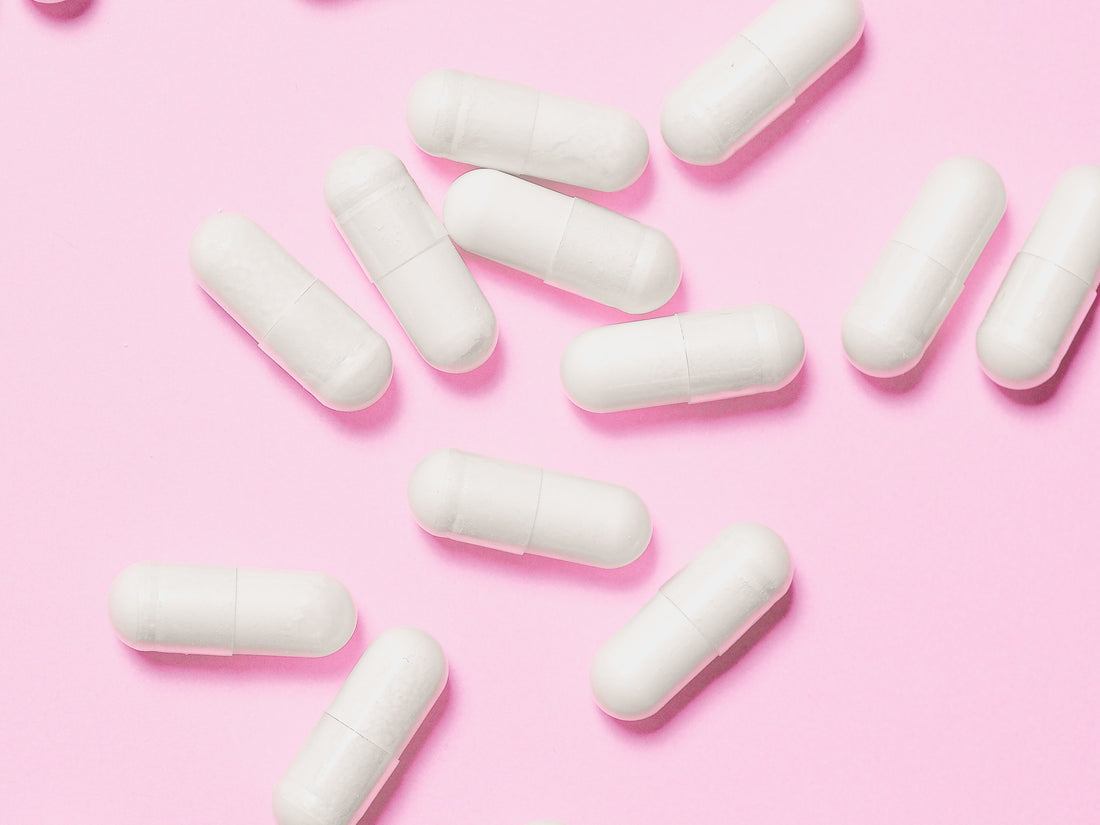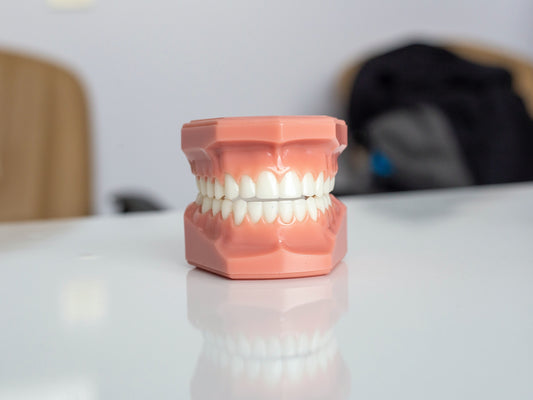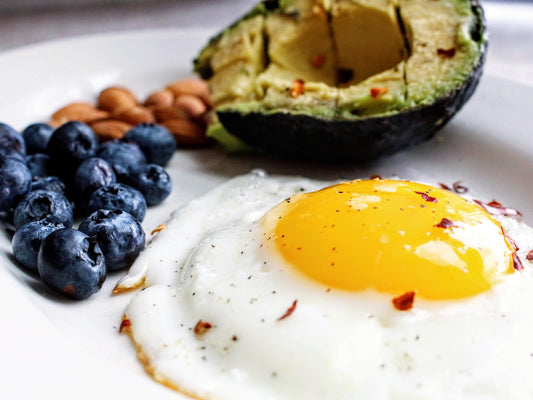If you’re aware of the benefits of probiotics and have already included them in your regular supplement intake, then congratulations! You’ve cracked the code for keeping your digestive system healthy. But here’s the catch — are your probiotics even working?
We often take supplements and try out newer medications to improve our health, but we fail to determine if our bodies are happy with this change. Probiotics are good bacteria that help regulate your intestinal function and immune system, but you need to be able to recognize the difference they bring to your body. Otherwise, you’ll only end up causing more damage than good.
By the end of this article, you’ll gather enough information to figure out if your probiotics are working or not and how you should make the most out of them. Let’s dig in!
8 signs your probiotics are working efficiently
Your body is like a forest of different microorganisms living together in harmony. This ecosystem inside your body is called a “microbiome” [1], and no two human beings have a similar microbiome [2]. So, it’s only logical to say that one type of probiotic may show different results in different people [3].
Don’t be desperate! Probiotics won’t show results soon after going inside your body. More importantly, it’s sometimes hard to recognize any change at all [4]. However, if you experience any of the following signs, your probiotics are working.
1. A healthier digestive system
“All disease begins in the gut.” –Hippocrates of Kos
Poor digestion can cause abdominal pains, bloating, gut inflammation, gas, irregular excretion, constipation, and diarrhea, among many other problems [5]. If you feel a sudden relief in any of the “gastrointestinal” (GI) symptoms, then probiotics are effectively regulating your gut microbiome.
You might not feel a drastic change if your digestive system was already healthy before starting probiotics. In this case, you’ll notice other signs in the long term, such as less frequent skin breakouts and colds. But usually, the first change you’ll experience is a huge relief in the discomfort in your abdomen. You’ll have a healthy appetite, regulated digestion, and an improved bowel movement.
2. Improved immunity
Poor gut health directly weakens your immune system, and your body can’t effectively fight foreign viruses and bacteria. But once you start taking probiotics, your gut restores its balance and starts absorbing essential vitamins from the food you eat [7]. Consequently, you’re prevented from getting diseases like allergies, influenza, cough and cold, eczema, and potentiating vaccination responses [8]. If you notice that you’re not getting allergies or colds as frequently as before, then keep taking your probiotics. It’s working!
3. Reduced vaginal infections
Probiotics will make you feel healthier down there! If you’re taking probiotic capsules such as L. acidophilus (a probiotic strain commonly used for vaginal imbalances [9]) to tackle yeast infections and bacterial vaginosis, you should experience relief in pain and discomfort.

A word of caution: Your vagina is an extremely sensitive region, and we advise you to talk to a specialist first before starting any probiotics to avoid complications.
4. Fresher skin
Are you noticing a glow on your skin lately? Or reduced pigmentation and lesser acne breakouts? Probiotics are working like a charm for you. Your gut plays a significant part in dulling your skin. Once it’s regulated, you’ll notice healthier and hydrated skin. Moreover, probiotics help alleviate skin diseases like eczema, sunburn, hypersensitivity, dermatitis, and wounds [10].
5. Happy moods
You might have heard of the phrase “Happy tummy, happy life!”. It’s actually scientifically proven that our gut and brain are connected [11]. So, while making your gut healthier, probiotics can indirectly perk up your mood.
This gut-brain axis can release certain hormones like serotonin, dopamine, and gamma-aminobutyric acid, often known as happy hormones [12]. If you are experiencing this, then probiotics are working for you.
6. Higher energy levels
We all feel sluggish from time to time, but if you’re gradually starting to have high energy levels throughout the day, then this may be the work of your probiotics [13]. A healthy gut, thanks to good bacteria, can fix circadian rhythm resulting in regular and deep sleep. Eventually, your body recovers quickly and has high energy throughout the day.
7. Increased productivity
As discussed earlier, probiotics can help your guts produce neurotransmitters like dopamine — a critical hormone responsible for all our daily actions. It gives us the necessary motivation to even do the primal activities like eating and drinking.

A healthy gut can ensure you have the right ingredients to be productive throughout the day. In addition, probiotics also reduce the stress hormone called Cortisol [14]. So, if you are experiencing less stress and increased productivity, then probiotics are definitely working.
8. Weight loss
Are you finally losing that flabby tummy? And your weighing scale isn’t scary anymore? The probiotics you are taking are showing effects.
A healthy metabolism can help regulate weight way better. Research has shown that probiotics restrict the absorption of edible fat, thus resulting in a greater amount of fat being excreted with feces [15].
How long should you wait to see these results?
Scientists say that often it’s difficult to recognize the signs that tell probiotics are working. It mainly depends on the probiotic strain (different strains target different health issues [16]), the microbiome, and the symptoms. Some probiotics take up to a month to show effect, while others show benefits in a matter of days.
What you can do is, note every symptom and the change you feel before and after starting the supplementation. This will help you understand your body better and judge the benefits of probiotics.
Why are your probiotics not working?
If you’ve been taking your probiotics for over a month and haven’t experienced any change, then there’s a chance of probiotics not working in your body. It can be due to several reasons:
- You’re not taking the correct dose of probiotics. Keep the CFU in check [17]!
- You’re taking the wrong probiotic strain.
- Maybe you’re taking a low-quality probiotic capsule. This one is easy to tackle: try out our Booster capsules, made up of thoroughly researched and tested ingredients!
- Probiotics may lose efficiency due to exposure to the sun, moisture, and light. So, make sure you’re storing them correctly.
- You’re not taking probiotics according to the instructions provided on the label.
Signs you should immediately STOP taking probiotics!

The rule of thumb is if anything is causing you discomfort, illness, or pain, STOP using it and consult a doctor. Probiotics rarely cause any adverse effects, but if they do, the symptoms include:
- Diarrhea
- Constipation
- Recurring flatulence (passing gas)
- Bloating
If you experience similar symptoms and an upset stomach, it’s better to stop consuming probiotics [3]. It could be because of something you ate other than probiotics, but it’s safe to consult a doctor to steer clear of any complications. Generally, you should be cautious of taking probiotics if you have the following conditions:
- A weak immune system (usually due to an ongoing medication or a disease)
- If you’re already sick (common cold etc.)
- If you have gone through surgery recently
- If you have an underlying health condition (heart disease, diabetes, etc.)
Just be mindful of the changes your body experiences after probiotic intake.
Conclusion
It is important to understand that probiotics show different symptoms and results in different people. If you notice any of the signs mentioned above, then you’re going in the right direction. However, if you feel any abnormality in your body, don’t think twice before consulting a doctor. Probiotics are an excellent addition to your regular supplements and are beneficial for many health issues. A healthy body leads to a healthy mind. And with a healthy mind, you can live your life to the fullest. So, why don’t you give it a try and see it for yourself?
References





























